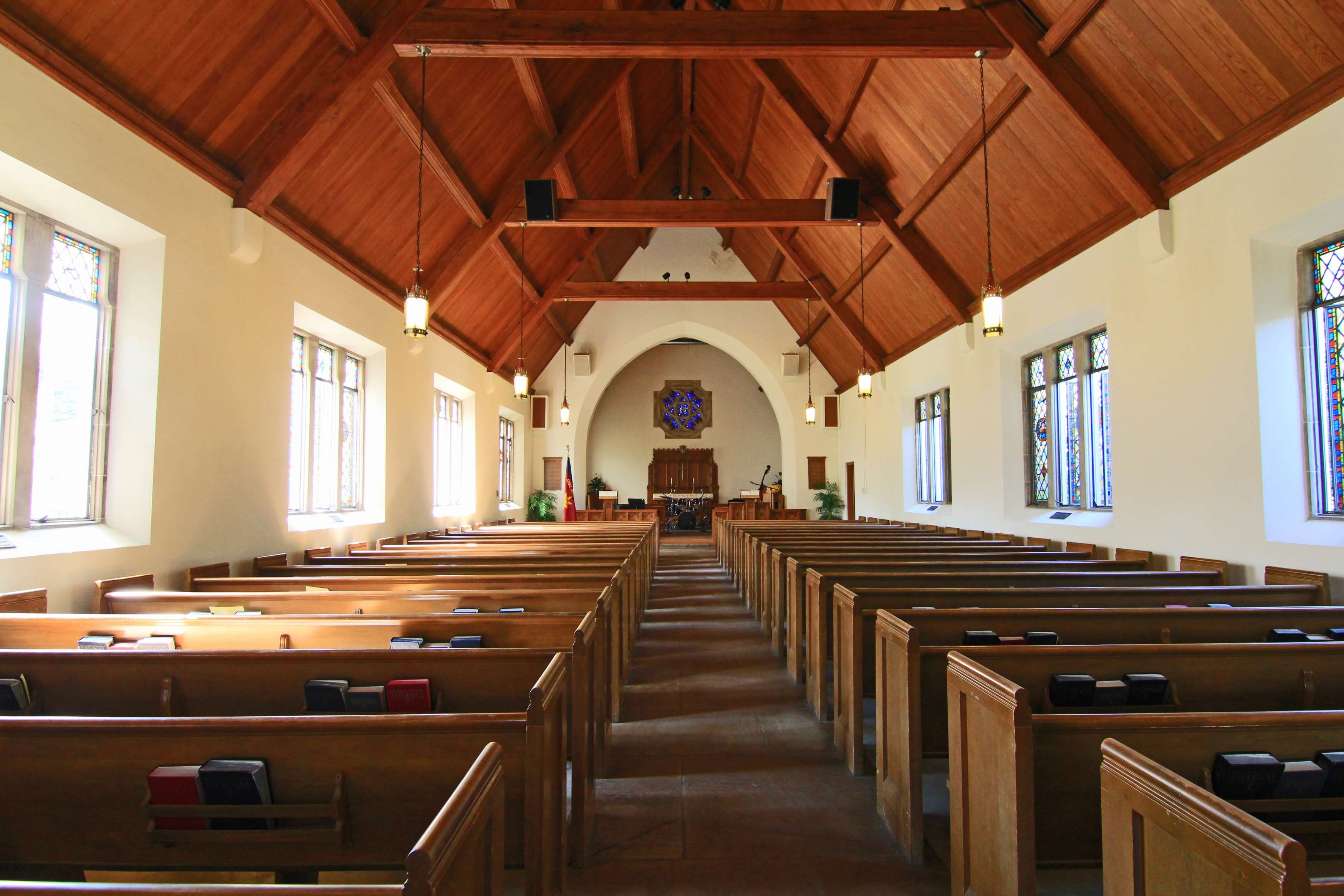Throughout the years, the Murdock Trust has been blessed to host a variety of thought leaders and experts as Visiting Scholars. These professionals play a number of roles in helping shape and drive the work of the Trust across a variety of sectors and areas. Recently, we were joined in this capacity by Dr. Dave Kresta. During his time with the Trust, Dr. Kresta dove into the questions of how religious spaces can be reimagined to best serve communities and connect the philanthropic/non-profit sector with research in the areas of community and economic development. His prior research done during his service with the Trust explores this idea of Sacred Spaces and identifies challenges for churches to grow, identify gaps that can be filled by faith-community, and to develop a vision for the future for creative use of space that honors the Sacred intent in their creation.

In the spring of 2021, we were fortunate to welcome Dr. Kresta back to the Trust to lead a virtual convening of pastors and denominational* leaders who are rising to the challenge of reimagining the use of buildings and property to the fullest potential in serving God and community. Objectives were two-fold: 1) co-develop a list of barriers and challenges that churches face in this process, and 2) outline a set of solutions that could remove these barriers to help the participants as well as countless churches who have yet to seriously consider this journey. To meet these objectives, participants were asked to grapple with these questions:
- How has the pandemic impacted your plans for the use of church buildings and property? What new opportunities have presented themselves? What about new challenges or challenges made more urgent?
- Are you excited about any particular types of church space repurposing? What barriers stand in the way of realizing this vision?
- What kind of help do you need? What solutions could be developed to not only help you and your church, but others in similar situations?
Through conversations it is evident that COVID has slowed down progress in some areas, while accelerating it in others. It has revealed both latent weaknesses as well as opportunities. One of these challenges has been for churches that have relied on rental income from a variety of sources have experienced less demand for rental space. Most anticipate post-COVID attendance levels at church or in rented spaces will not rebound fully, creating the potential for significant and lasting revenue shortfalls and changing requirements for physical space. In addition to this obstacle, there has been a lack of ideas for leaders on how to expand/repurpose their religious space. Fundamental barriers centered around lack of time, human resources, and expertise to successfully envision and implement complex reimagining religious space projects are the main causes.
The culmination of the event was to brainstorm and further elaborate potential solutions that could help churches overcome barriers to the opportunities of reimagining religious space. The focus was to identify missing tools, processes, or technologies that could elevate the entire reimaging religious space field to be more effective and efficient. Several national organizations are seeking to assist in the thinking and use of Sacred Spaces – they include a Trusted Resource Guide, Process/Field Guide, Shared Resource Pool, Streamlined Process for Pre-development, and the development of a Metropolitan/Regional-level Planning Model.
We are proud to partner with experts like Dave Kresta who dive deeply into issues and seek to create space for open discussion with others who are invested in finding solutions that serve the diverse needs of all who are impacted.
*Denominations/religious traditions included AME, UMC, Episcopal, non-denominational, Evangelical, Presbyterian, Church of God in Christ, and Catholic. Metropolitan arears represented: Portland, Seattle, Washington D.C., Dover, Baltimore, New York/Newark, Atlanta, and Raleigh.
Photo by Debby Hudson on Unsplash







